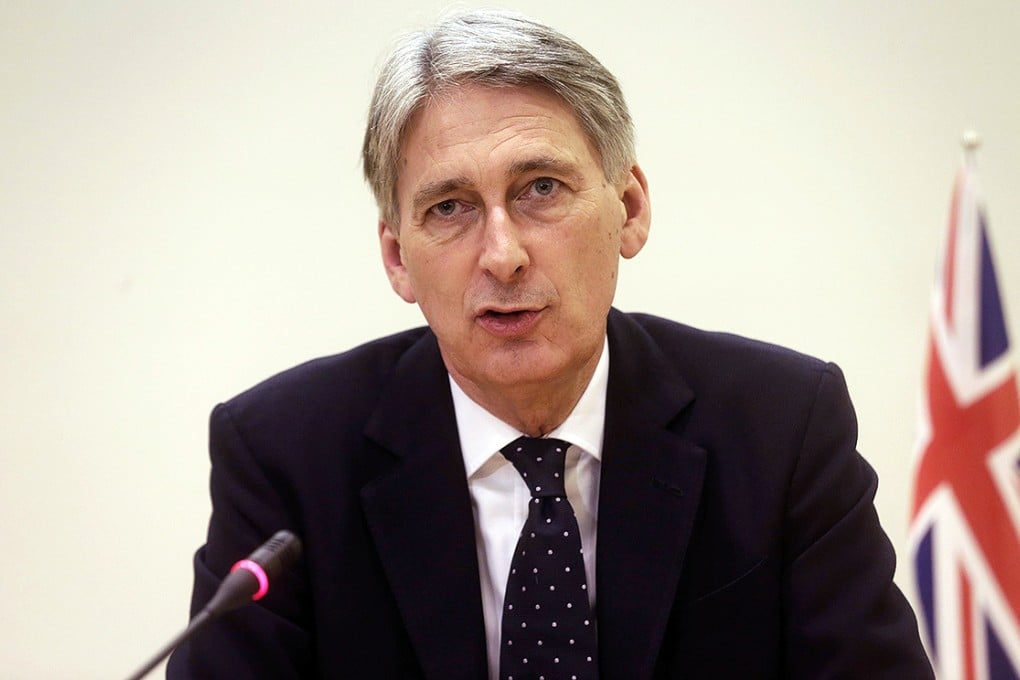Beijing’s Hong Kong reform proposals ‘more restrictive than expected’: London
Report acknowledges most serious test yet to 'one country, two systems'

Beijing's framework for political reform in Hong Kong was far more restrictive than had been expected, but it was the best step forward to universal suffrage, Britain said in its latest half-yearly observation on Hong Kong.
Philip Hammond, the British Foreign Secretary, said the second half of last year was one of Hong Kong's most turbulent periods since the handover as a result, but that Beijing's proposal did provide a "meaningful step forward for democracy".
He said a transition to democracy was "the best way to preserve Hong Kong's strengths … which delivers a genuine choice for the people of Hong Kong".
Britain's latest six-monthly Foreign Office report on Hong Kong covers July to December last year, a period in which the city was gripped by the 79-day Occupy Central protest.
That was triggered by the National People's Congress Standing Committee unveiling its plan for universal suffrage.

Hammond said he hoped the ruling government and legislators would work "together to achieve a consensus" that is "acceptable" to Hongkongers.